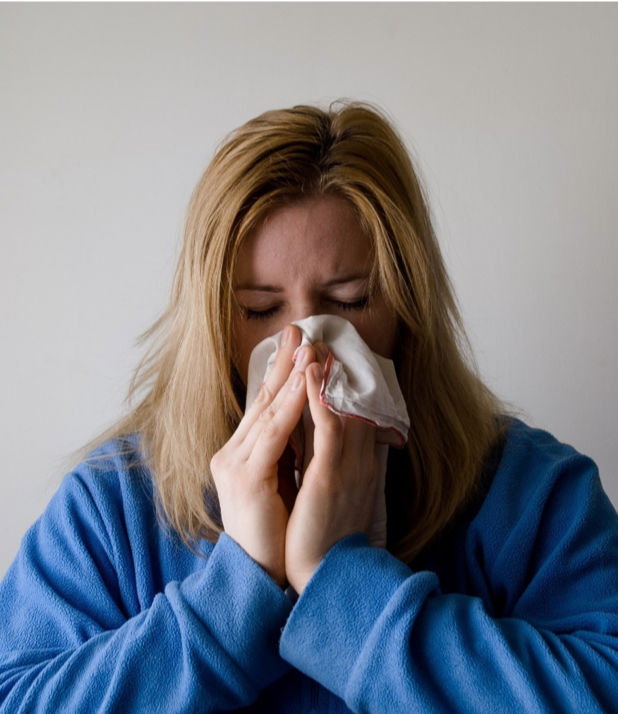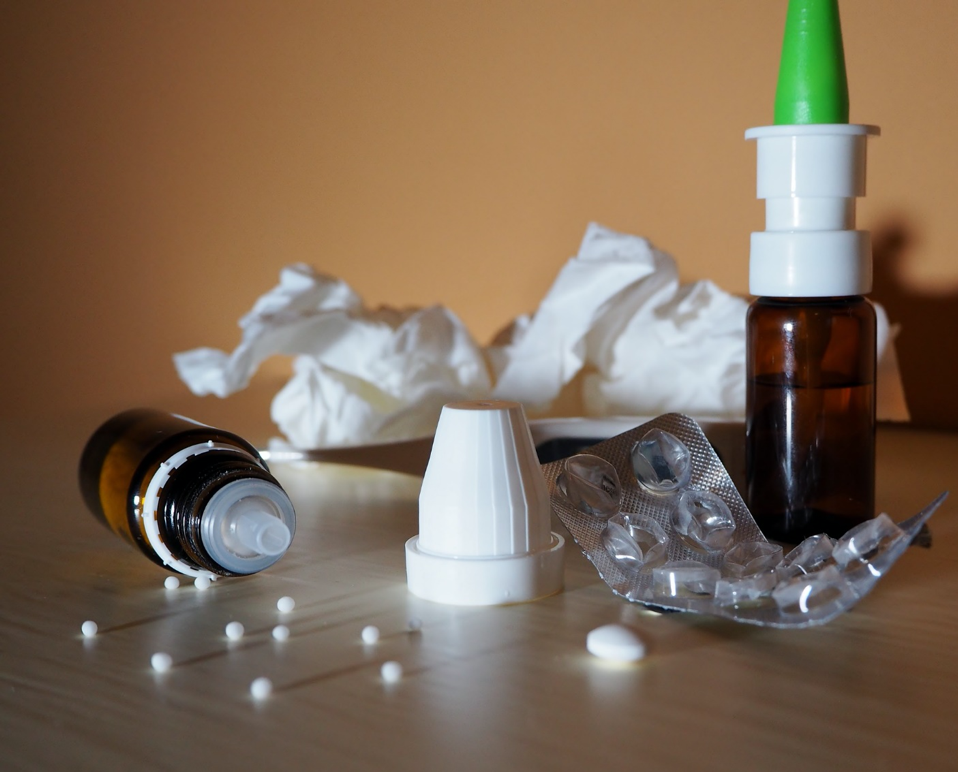Call Today to Schedule an Appointment: 212-319-5282
Do you Have Nasal Polyps?
Have you ever felt like you can no longer breathe, and your nose is just going to explode? Well, that feeling is due to the teardrop-sized growth in our nasal passages known as Nasal Polyps. Nasal Polyps are a type of growth that usually occur in the lining of our sinuses or nasal. They often lead the way to different allergies, sensitivity, asthma and immune disorders. If you want to learn more about these nasal growths and the different ways to treat them, then you should definitely continue reading this article.

What Leads to Nasal Polyps?
There is no one single cause of Nasal Polyps, the real cause is unknown, but certain factors can lead to you experiencing nasal polyps. As we already know, Nasal polypus occurs in our nasal passages.
A few of the main factors that lead to nasal polyps are:
· Allergic Reactions
Many of us experience different allergic reactions that could be due to a certain food or the environment. Most of these allergies lead to excessive sneezing, itching, and irritation in the nose that leads to inflammation. The symptoms of allergies can be a reason for Nasal polypus but this cause is still a controversial debate.
· Infections
Infections such as sinus, acute infections, chronic infections, asthma and cystic fibrosis may also lead to nasal polyps as these infections cause excessive irritation and dryness in the nose that usually triggers their growth.
· Age
People who are often above 40 are prone to develop cystic fibrosis, which may lead to the growth of polypus. Many researchers have concluded that men are more prone than women to develop Nasal polyps.
· Genetic
It’s likely that nasal polypus is hereditary. Scientists link nasal polypus to genetics because of the way genes cause the mucosa to react to inflammation.
Symptoms of Nasal Polyps
Mentioned below are the symptoms that occur during Nasal polyps:
- Constant Sneezing
- Runny nose
- Blocked nose
- Unable to sense any smell
- Postnasal drip
- Irritation in eyes
- An ache in facial features
- Different infections
- Lack of taste buds
- Nosebleeds
- Snoring
- Upper teeth pain
The most common symptoms of Polyps is a runny/blocked nose and sneezing. However, other symptoms are also equally experienced depending on person to person.
Nasal polyps also causes your asthma to aggregate and worsen your sinus, which may sometimes lead to a change in the structure of your nose due to the constant rubbing and itching.
Treatments for Nasal Polyps
Medications
Different kinds of medication can relieve the inflammation built in your nose and help with your runny nose. One of the best medicines for nasal polyps is a nasal steroid. They work by instantly relieving any uneasiness or irritation in the nose. There are different types of nasal steroids that you can use.
If these nasal sprays don’t work due to excessive symptoms, you can take an injectable or oral steroid.

You can also take antibiotics to treat your sinus and inflammation.
Surgery
If you feel like your symptoms are getting worse despite taking medication, you should consider going to the doctor. The doctor may carry out a surgical procedure known as a Polypectomy. The doctor will only consider surgery depending on the size of your nasal polyps. The surgery involves removing the soft tissues like the mucosa with a microbender or a small suction device.
If your polyps are too large, the doctor will carry out a different procedure called endoscopic sinus, which involves using a thin endoscope with a few tools and a tiny camera. The procedure involves enlarging the opening of your sinus cavities and then removing the polypus.
Tips to Prevent Polyps
Mentioned below are a few ways you can prevent the return of Polyps:
- Keep track of your hygiene at all times
- Keep a humidifier in your house
- Take medication for asthma and allergies
- Avoid polluted environments
- Use nasal rinse
Conclusion
If you are experiencing any of the symptoms mentioned above and feel like your polyps is worsening, contact Doctor Sneeze. Visit our website and book your appointment right away! Our experts are skilled at reducing uneasiness and irritation due to nasal polyps with proven effective treatments.
Serving all of New York City and the Tri State Area including Zip Codes: Top Allergist NYC Midtown, Chelsea and Clinton: 10001, 10011, 10018, 10019, 10020, 10036 | Gramercy Park and Murray Hill: 10010, 10016, 10017, 10022 | Greenwich Village and Soho: 10012, 10013, 10014 | Lower Manhattan: 10004, 10005, 10006, 10007, 10038, 10280 | Lower East Side: 10002, 10003, 10009 | Upper East Side: 10021, 10028, 10044, 10128 | Upper West Side: 10023, 10024, 10025
